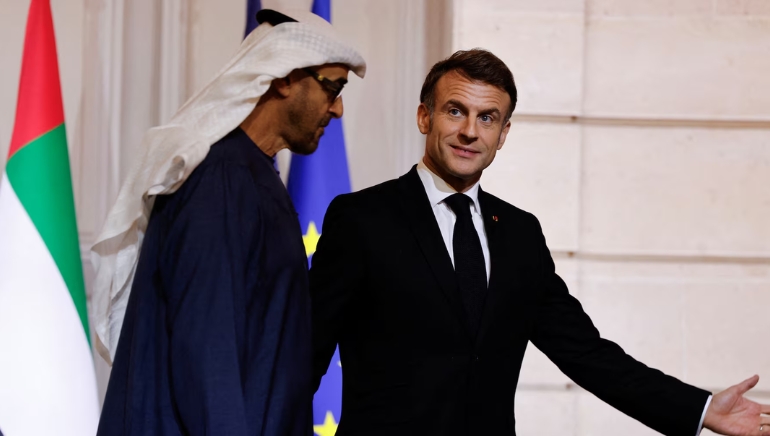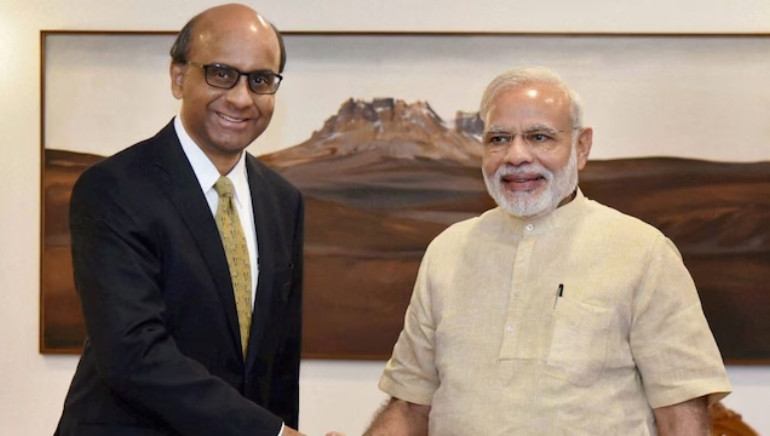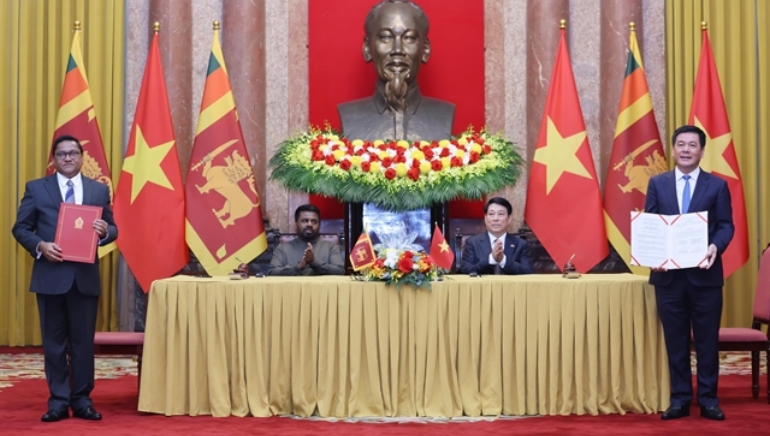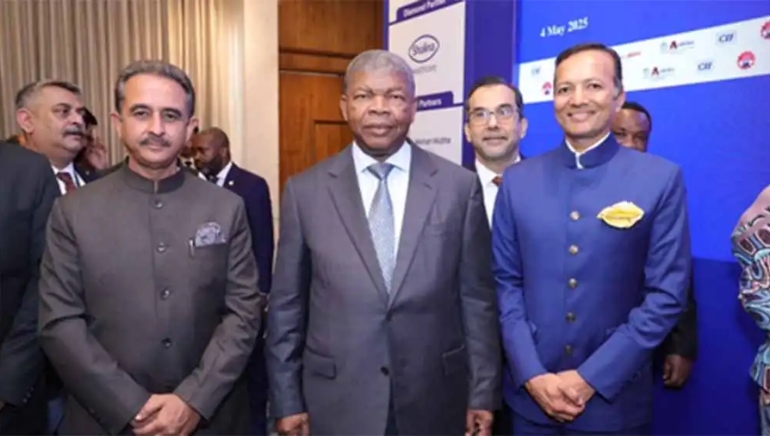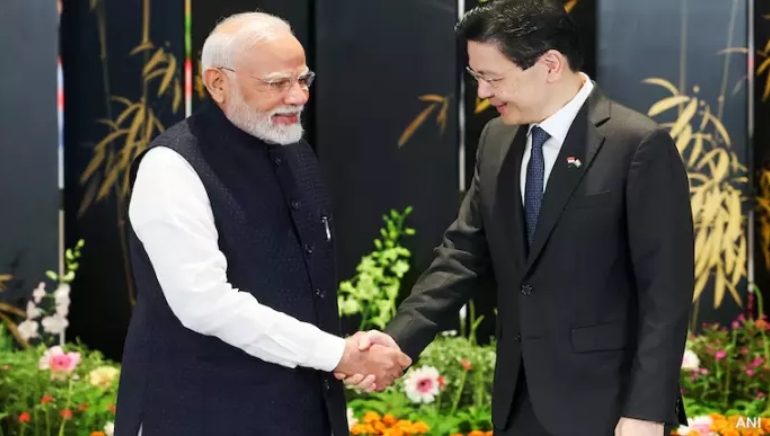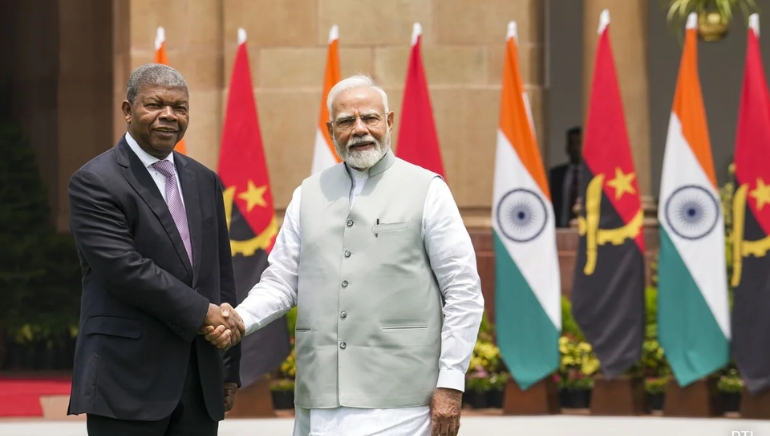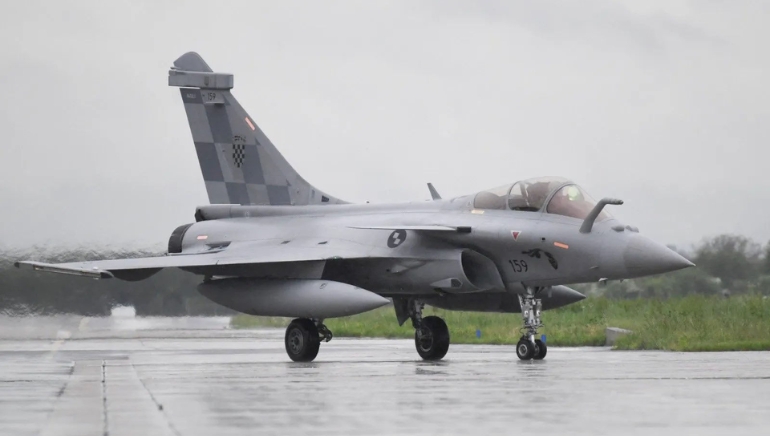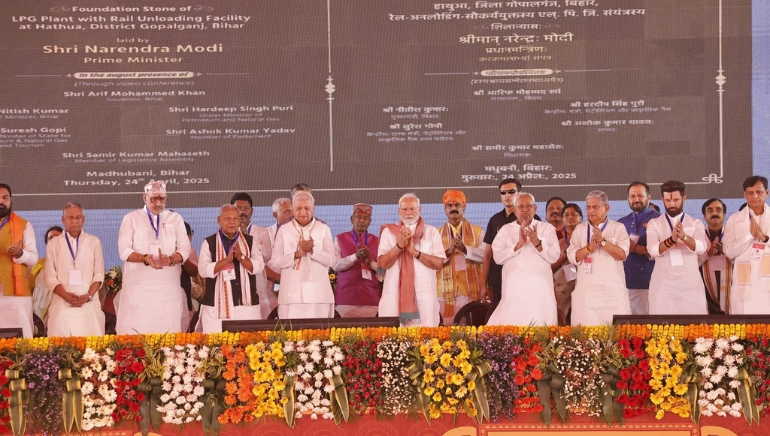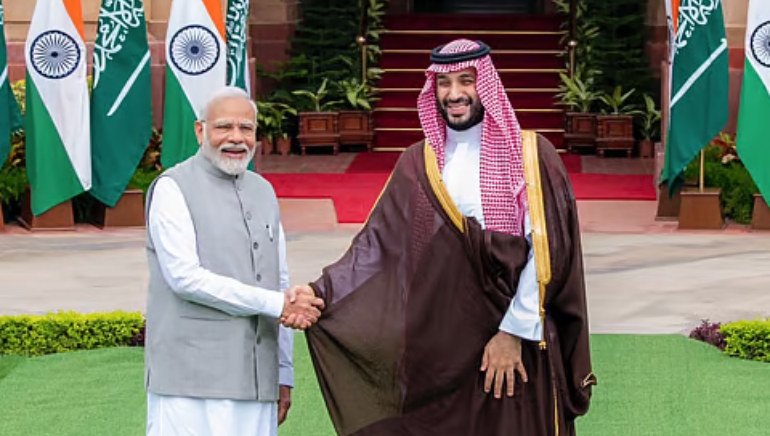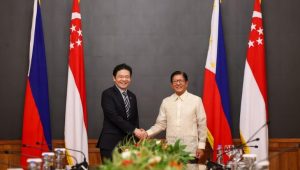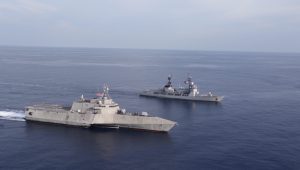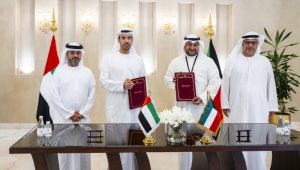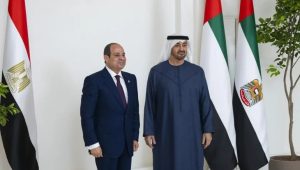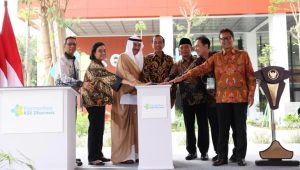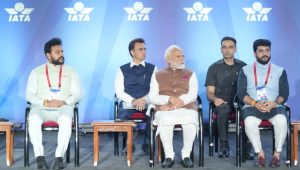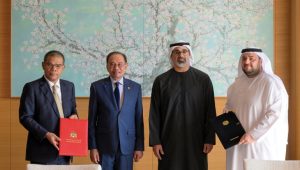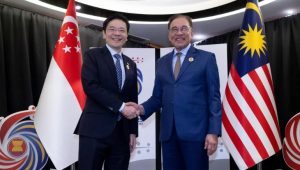The UAE and France have signed a strategic agreement to create a 1-gigawatt artificial intelligence data centre, which is expected to be the largest of its kind in Europe. The venture was announced during an international AI conference in Paris and is supported by a multibillion-euro investment from the UAE. The project represents a big step forward in the two countries’ technological collaboration.
The concept arose from discussions in February between French President Emmanuel Macron and senior Emirati officials. Leaders from both countries emphasised the need to promote innovation through advanced AI infrastructure and collaborative research. The facility will serve as the centrepiece of a larger AI complex dedicated to fostering global technological developments.
Advanced computing systems, including high-performance AI chips, will be installed at the centre. Along with infrastructure development, the plan prioritises education and workforce development to cultivate AI competence locally and worldwide.
Another important component of the deal is the establishment of virtual data embassies, which will ensure secure and sovereign cloud services in both nations. France cited the partnership as an example of international collaboration in developing technologies. The agreement shows the increasing momentum in bilateral collaboration and seeks to determine the future of AI innovation and digital sovereignty.





